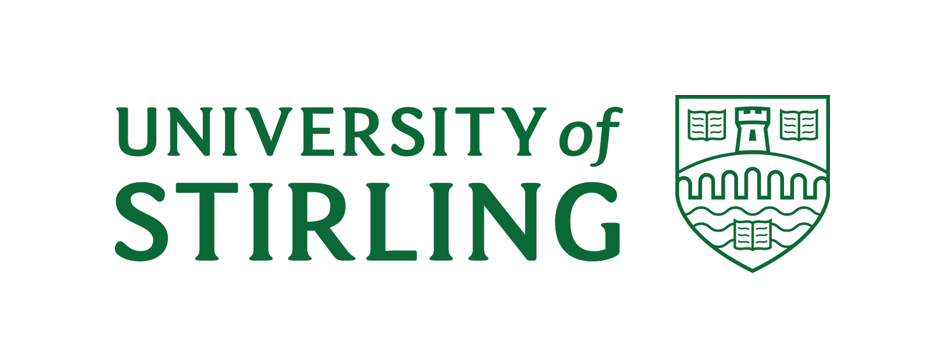It is important for everyone to understand what is meant by terms like 'sexual consent'.
All students are expected to complete the course Consent Matters, you can find out more about this course on our course description page.
What is sexual consent?
- Sexual consent means a person willingly agrees to have sex or engage in a sexual activity. In Scotland, this is known as 'free agreement'.
- To give consent, the person must be able to make their own decisions.
- A person who is incapacitated through alcohol or drugs, or who is asleep or unconscious, cannot give consent to sexual activity.
- Agreeing to engage in one form of sexual activity e.g. kissing does not mean that a person has given consent to all forms of sexual activity.
- Consent can be withdrawn at any time.
- Just because a person has given consent to sexual activity once does not mean that he or she has given consent for that type of activity in the future.
- Making sure you get consent before having any kind of sex with another person really matters.
- Sexual activity without consent is rape or sexual assault.
- Someone who is being forced to do something against their will is not giving consent.
What does sexual consent look like?
- Consent doesn’t have to be verbal, but verbally agreeing to different sexual activities can help you and your partner understand and respect each other’s boundaries.
- Other signs of sexual consent are positive body language, responsiveness, and affirmation that your partner wants to continue to engage in sexual activity with you (e.g. saying yes enthusiastically).
- To get consent, you can ask 'Is this ok?' or 'Are you enjoying this?' or 'Is it ok for me to carry on?'.
- If your partner isn't responding or engaging with you, they might not want to continue. Check if they are still ok to keep going.
- If your partner says 'no', 'stop' or 'I'm not really enjoying this' then he or she is not willingly consenting - and you should stop.
- Remember, if someone is too drunk to say yes, or if they are asleep, you should assume that they have not given consent to sexual activity with you.
What the law says
- A person consents to sexual activity if he or she agrees by choice, and has the freedom and capacity to make that choice. This is known as 'free agreement' under the Sexual Offences (Scotland) Act 2009.
- A person commits rape if he intentionally penetrates the vagina, anus or mouth of another person with their penis without consent (section 1).
- A person commits sexual assault if he or she intentionally touches another person, the touching is sexual and the person does not consent. There are various different types of sexual assault, and these are explained clearly in section 2 and section 3 of the Act.
- A person commits sexual coercion if he or she forces another person to participate in a sexual activity without his or her consent (section 4).
- You can read more about the definition of consent in section 12 and section 13 of the Sexual Offences (Scotland) Act 2009.
The law recognises that a person might not have sufficient capacity because of their age or because of a mental disorder. The amount someone has had to drink or the drugs they have can also affect their ability to consent.
The age of consent – what is it?
- For both men and women in Scotland, the age of consent to any form of sexual activity is 16.
- There are specific laws in place to protect children under the age of 13 who cannot legally give their consent to any kind of sexual activity.
- A person under the age of 18 cannot consent to sex if it is with a person who has a duty of care or is in a position of authority or trust, such as a teacher, doctor or lecturer.
- If you repeatedly ask for consent and are refused, this can count as sexual harassment.
Some useful resources about sexual consent:
- Pause, Play, Stop – find out more about sexual consent and test yourself on your knowledge.
- That Guy – Police Scotland campaign that aims to reduce sexual crimes by having frank conversations with men about male sexual entitlement.
